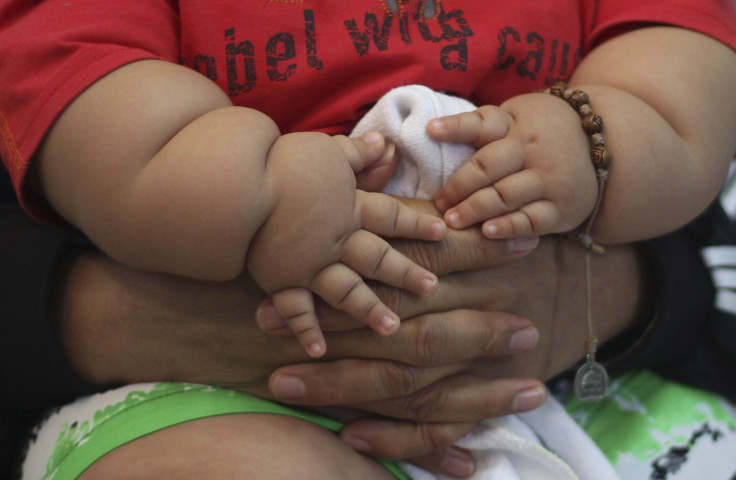Health during Pregnancy Affects Childhood Obesity

A child’s chances of getting obese are linked to its environment before and soon after birth, a new study shows.
Previous studies have evaluated a number of early life risk factors, but few have understood their combined effect. The new research indicates that having a greater number of these factors is a strong predictor of being obese in childhood.
Scientists from the Medical Research Council Lifecourse Epidemiology Unit at the University of Southampton considered five early life obesity risk factors: short duration of breastfeeding (less than one month) and four maternal factors during pregnancy - obesity, excess pregnancy weight gain, smoking and low vitamin D.
The research, published in The American Journal of Clinical Nutrition, shows that at age four, children with four or five of these factors were 3.99 times more likely to be obese than children who had experienced none of these factors. Fat mass was found to be, on average, 19 per cent higher. By the time they were six years old, the risk increased so that these children were 4.65 times more likely to be overweight or obese and fat mass was likely to be 47 per cent higher.
These differences were not explained by other factors, such as the children's quality of diet or physical activity levels. The data analysed came from 991 children taking part in the Southampton Women's Survey - one of the largest studies of mothers before pregnancy, along with their infants and children.
Early life may be a critical period during which appetite and regulation of energy balance are programmed. This could have lifelong consequences for the risk of gaining too much weight. Early prevention programs mostly focus on school-aged children.
This study suggests that interventions to prevent obesity need to start earlier, even before conception. This study will help design more effective obesity prevention policies.
To contact the writer, email: sonali.raj@gmail.com





















